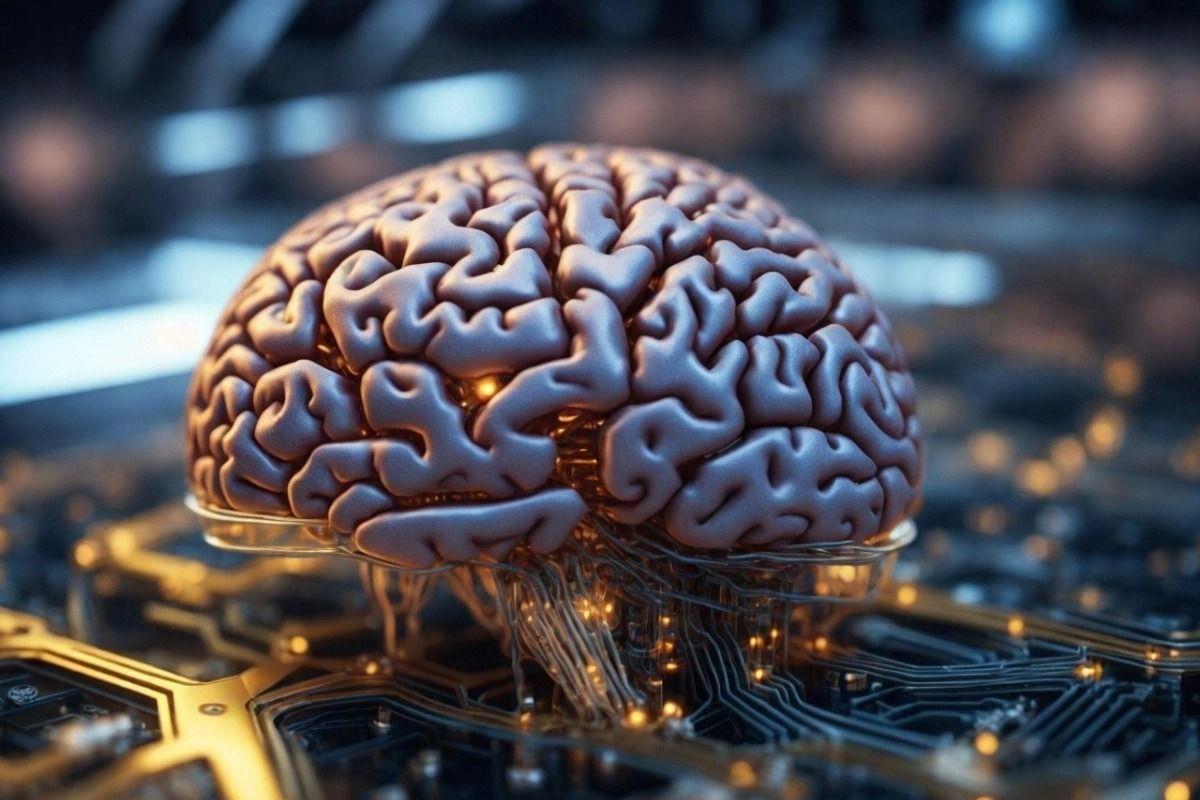
China Develops World's First Brain-Like AI
Chinese scientists have announced the creation of the world's first large-scale language model of artificial intelligence (AI) designed to mimic the workings of the human brain. The new model, named SpikingBrain1.0, aims to significantly reduce energy consumption and operate independently of Nvidia chips - a bold step away from current industry standards, Azernews reports.
Developed by researchers at the Chinese Academy of Sciences, SpikingBrain1.0 replicates how the human brain functions by activating only the specific neurons needed to complete a task, rather than processing all data uniformly. This architecture is based on spiking neural networks, a type of AI inspired by the brain's ability to process information efficiently through sparse and event-driven activity.
In contrast, widely used large language models such as ChatGPT and Meta's LLaMA rely on the scaling law - the idea that performance improves with larger datasets and model sizes. These systems use a mechanism called attention, where every word in a sentence is evaluated in parallel to determine its relevance for predicting the next word. While powerful, this method becomes computationally expensive, especially when processing long documents like entire books or reports, leading to higher energy demands and slower performance.
SpikingBrain1.0 takes a different approach: it focuses only on the most recent and relevant context, similar to how humans remember the last few sentences in a conversation rather than the entire dialogue. This localized attention mechanism allows the system to be both energy-efficient and fast. According to the developers, SpikingBrain1.0 can operate 25 to 100 times faster than traditional AI models while maintaining competitive accuracy.
Another key innovation is hardware independence. The model runs on China's domestic MetaX chip platform, eliminating reliance on Nvidia GPUs - a strategic move in the context of ongoing global tech competition. Moreover, unlike conventional AI systems that require massive datasets and computing resources, SpikingBrain1.0 achieves comparable performance while being pre-trained on less than 2% of the data typically used.
Experts say this breakthrough could usher in a new generation of neuro-inspired AI, capable of functioning in real-time, low-power environments such as autonomous drones, wearable devices, or edge computing applications. As concerns grow over the energy and hardware demands of AI, SpikingBrain1.0 offers a glimpse into a more sustainable and biologically-informed future for artificial intelligence.
Legal Disclaimer:
MENAFN provides the
information “as is” without warranty of any kind. We do not accept
any responsibility or liability for the accuracy, content, images,
videos, licenses, completeness, legality, or reliability of the information
contained in this article. If you have any complaints or copyright
issues related to this article, kindly contact the provider above.

















Comments
No comment